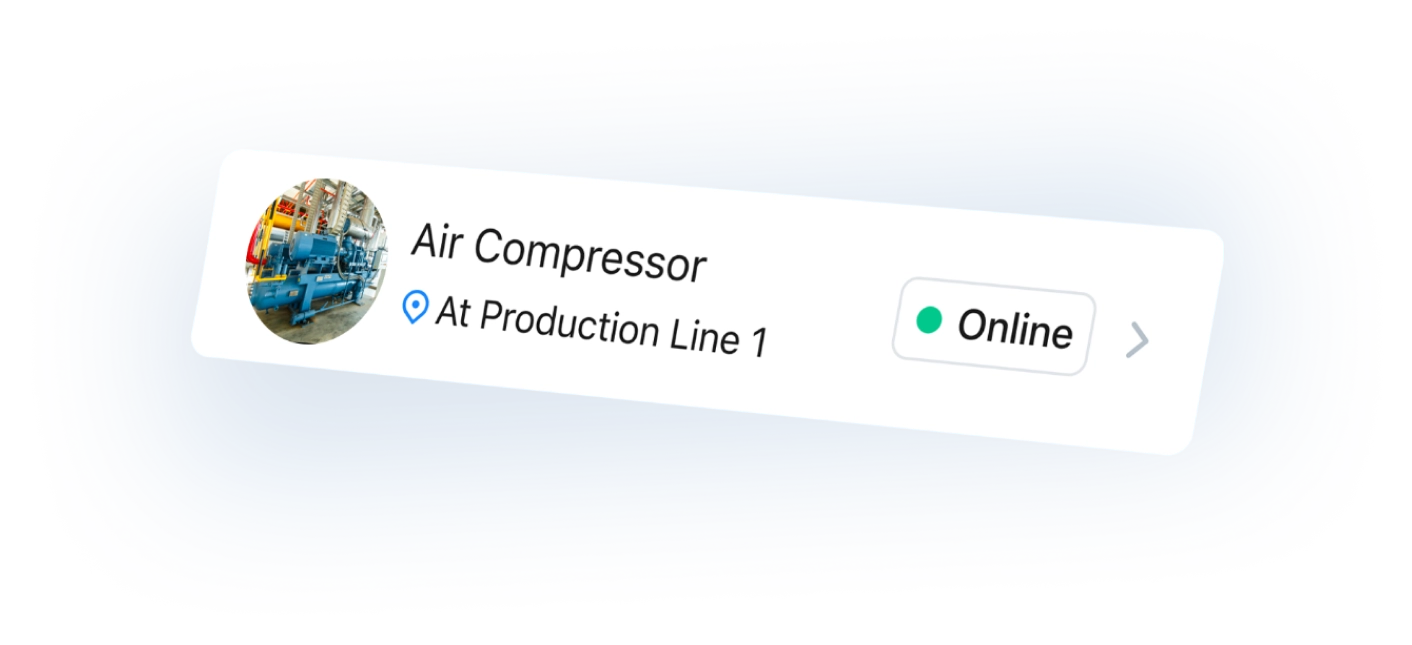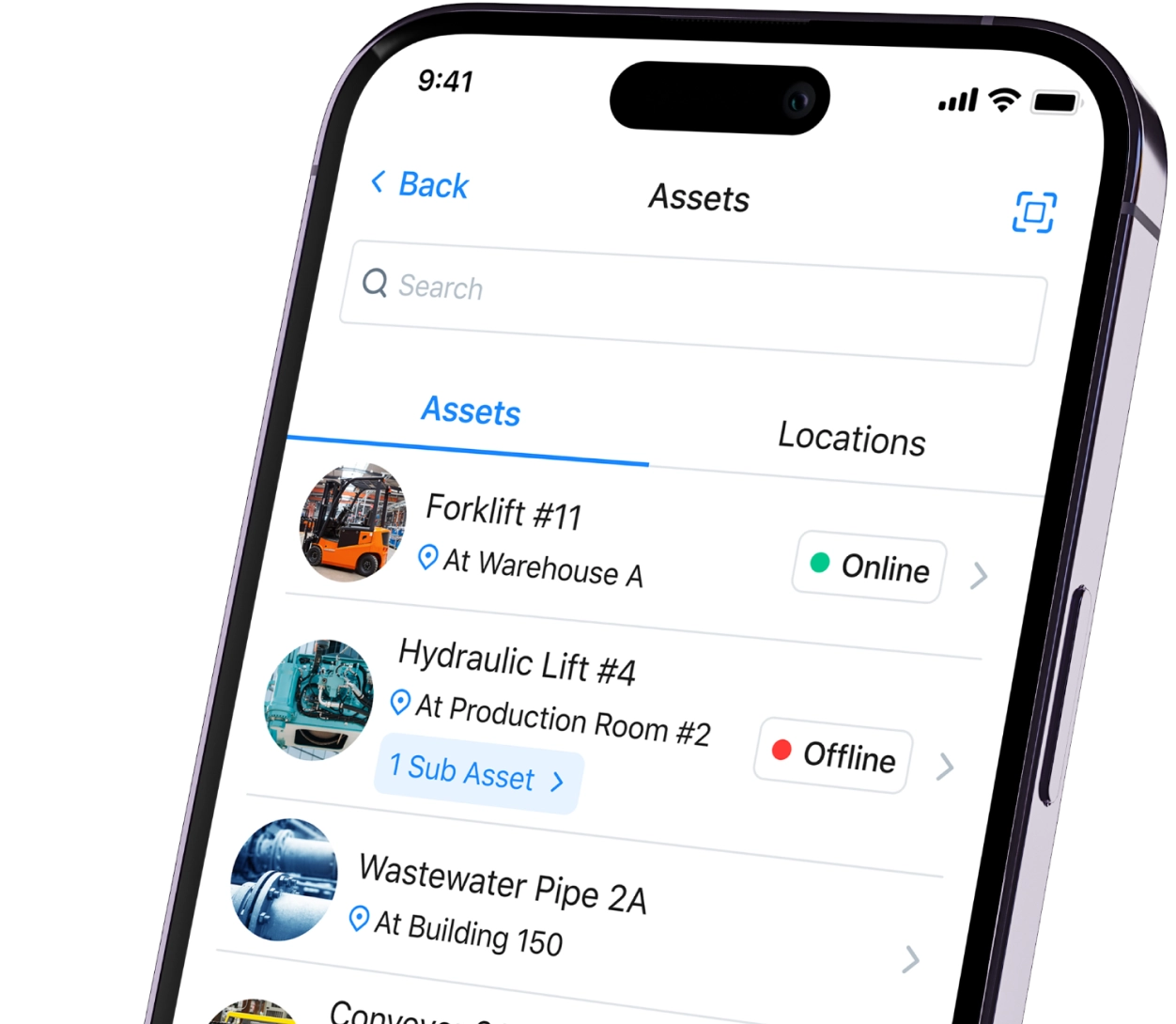Maintenance engineers oversee the installation and maintenance of heavy machinery, plant equipment, complex systems, and tools. They play an important role in ensuring critical industrial assets remain in good working order at all times. Maintenance engineers primarily work in the manufacturing, aviation, and medical industries.
What Do Maintenance Engineers Do?
Besides performing routine upkeep, the engineers also troubleshoot onsite equipment issues when necessary. The day-to-day activities and responsibilities of the role differ by industry, but their routine maintenance tasks include:
- Performing periodic maintenance checks
- Investigating equipment breakdowns
- Planning plant equipment upgrades
- Recommending machinery modifications
- Performing electrical and mechanical repairs
While larger organizations usually employ a designated maintenance engineer, smaller manufacturing companies may combine the job responsibilities with that of a manufacturing engineer.
Maintenance Engineer Skills
Maintenance engineers should possess the following skills and knowledge:
- Ability to operate heavy tools, assets, and machinery
- Familiarity with reading system schematics
- Understanding standard operating procedures (SOPs)
- Advanced mechanical knowledge of specialized equipment
- Understanding plumbing, heating, and electrical systems
- Comfortable prioritizing diverse workloads
- Understanding Occupational Safety and Health Administration (OSHA) standards
- Knowledge of Environmental Protection Agency (EPA) guidelines
Additionally, engineers should possess solid interpersonal and communication skills for long-term success. Depending on the industry, these workers are likely to interact with coworkers from diverse backgrounds, disciplines, and work experiences.
Individuals seeking a career in maintenance engineering should be able to work on-call. Unfortunately, emergency maintenance requests sometimes happen on nights and weekends.
Finally, these days, maintenance engineers should be familiar with CMMS maintenance software and how robust CMMS systems can help automate workflows, reduce downtime, and increase crucial key performance indicators.
Organizations That Need Maintenance Engineers
Large facilities with large asset inventories require complex and technical maintenance and can’t run smoothly without maintenance engineers on staff. Industrial plants, aviation organizations, and medical facilities must have these specialized workers on-call to quickly eliminate costly downtime.
The financial ramifications of unexpected equipment breakdowns can be astronomical. Depending on the incident, downtime can be a safety hazard for employees, vendors, or customers.
For these reasons, these engineers focus on performing proactive maintenance on the most critical equipment. These preventive maintenance tasks include conducting routine inspections and advising on lubrication, repairs, and parts replacement.
Job Outlook
Most maintenance engineers are employed full-time and in-house. However, companies sometimes rely on specialized contractors for additional support when needed.
According to salary.com, salaries range from $68,000 to $86,000, depending on education, years of experience, certifications, and proven skills.
The U.S. Bureau of Labor Statistics expects the demand for maintenance workers to grow by 4% by 2029. Over the coming decade, technicians are most likely to find work in the aviation industry.
Certifications and Training
Most job descriptions require a degree in an engineering discipline such as production, electrical, or mechanical engineering. However, some workers pursue an entry-level career as a maintenance technician before enrolling in an apprenticeship program or receiving a technical certification.
Unlike other types of maintenance roles, these individuals must be licensed. Precise licensing requirements vary depending on the type of work, locality, and state. A number of training and certification programs help engineers advance professionally and pursue managerial roles if desired. These include:
- Certified Reliability Engineer (CRE): Offered by the American Society for Quality (ASQ), the CRE program targets maintenance engineers who work with large complex equipment, such as in manufacturing plants. This exam-based program tests applicants on performance evaluation principles and predictive maintenance to improve asset reliability.
- EPA 608 Certification: Maintenance workers who work with assets such as HVAC systems that can release refrigerants into the atmosphere are required by the EPA to have a Section 608 Technician Certification. Certified workers can oversee residential and commercial properties.
Frequently Asked Questions
How Many Hours a Week Does a Maintenance Engineer Work?
These individuals generally work between 37 to 40 hours per week, depending on the facility. But engineers who work at 24/7 facilities can be called in at any time to handle an emergency. The job may also require frequent travel to remote client locations.
What’s the Difference between a Maintenance Engineer and a Maintenance Technician?
Similar to maintenance technicians, engineers ensure that an organization’s assets remain functional. However, they also hold in-depth technical knowledge on how to optimize complex machinery. Maintenance engineers play a vital role in organizational leadership and are responsible for improving the overall reliability of company assets. While maintenance technicians perform routine maintenance on all kinds of equipment, engineers only work on pieces when installations, diagnostics, or major repairs are required.
Furthermore, as part of organizational leadership, maintenance engineers may collaborate with maintenance planners, manufacturing engineers, design engineers, and other technical professionals to ensure equipment efficiency. In short, a maintenance technician rarely has the expertise needed to perform complex repairs and maintain specific equipment. Consequently, an engineer could fill in for a technician.

Caroline Eisner
Caroline Eisner is a writer and editor with experience across the profit and nonprofit sectors, government, education, and financial organizations. She has held leadership positions in K16 institutions and has led large-scale digital projects, interactive websites, and a business writing consultancy.


